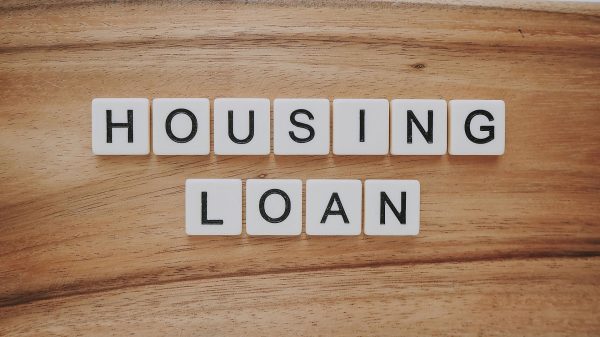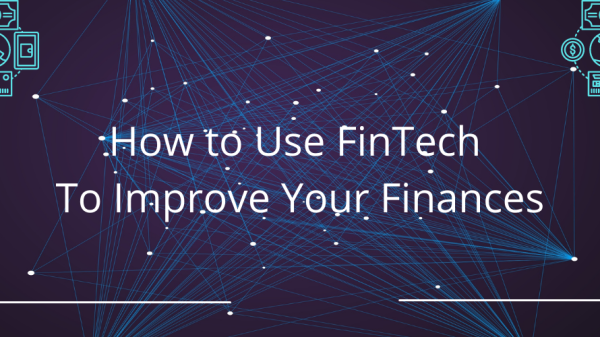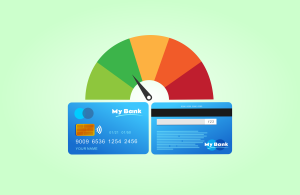Before reading the strategies, there is one thing that should be clarified. Namely, the financial state you are currently in. Meaning that there are two possible situations you could be in if you are planning to pay off your debt. The first situation is that you are over-indebted, which means that you are not able to meet your monthly financial obligations, even though you have lowered your standard of living. The second situation is that you are in good financial condition. You have an increase in your monthly income, or you have accumulated capital, and you can be debt free. Stated differently, you are in good financial standing, and you are making enough money to maintain a stable lifestyle and have an extra income that could go for loan repayment.
The situation you are in could significantly impact the strategy to get yourself out of debt. These strategies are for you if you are in the second situation. If you are in the first category, the strategies are a bit different.
Before continuing, when deciding to pay off loans, do not consider cashing your saving account or 401 (K). This strategy should be the last repayment resort. Meaning that cash in on your savings accounts or 401(K) could be done only, and only if you are over-indebted. Only when you are no longer able to pay all of your financial obligations on time. Otherwise, you should not use this capital to pay off loans. Be aware that at some point, you will retire, and using your savings and accumulated capital to pay off debt early in life could leave you without any retirement income.
The reason for your desire to get yourself out of debt is also an important factor. This factor is influencing your future decision regarding the repayment strategy. You might want to get out of debt faster because you have enough accumulated capital or an increase in your monthly income. So, paying off a loan will not affect your lifestyle or living standard. Meaning that you could maintain your spending level even though you have repaid your debt early. Another reason you might want to pay off your debt is that it negatively influences your lifestyle. This is in the sense that your monthly financial obligations are taking up a big portion of your monthly income. Do not confuse this situation with an over-indebted one. Unlike an over-indebted person, you have no problem meeting your monthly obligations. The problem is that you are forced to adapt to your lifestyle and limit your spending. In this case, maybe your strategy should include a consolidation loan (explained later on).
Although there are many, get out of debt, strategies, it could be said that maybe the best strategy is the strategy that will be combination form different strategies. The combined strategy is defined using the best characteristics of two or more strategies. Combining different strategies enables you to have a strategy that will be appropriate for your situation both financially and psychologically. Thus the best strategy is the one that is most suitable for your income level, spending habits, spending and saving behavior, etc.
Get yourself out of debt strategies
One of the simplest strategies is to divide your monthly installment into a biweekly payment. Although this strategy may not result in paying off your debt faster, it does have a positive side. Making a biweekly payment will decrease the cost of your loan. You will be able to save on the amount of interest paid. The saving in interest expense is possible because you are speeding up the repayment of the principal amount. Look at the illustrative example in the following two tables. The calculations are made for a loan of $150,000.00 with a term of 15 years and a 4.5% interest rate.
| Loan amount | Monthly payment | Pay off date | Interest saved |
| $150,000.00 | $1,147.49 | 15 year – 1 month | 0.0 |
In this example, the monthly payment is $1,147.49, and the loan is repaid in 15 years and 1 month, and you do not have interest saved. You pay the full interest. On the other hand, look at the second table. The calculations are made for the same loan, with the only difference being that instead of a monthly payment, the calculation is made on the bases of a bi-weekly payment.
| Loan amount | Be-weekly payment | Pay off date | Interest saved |
| $150,000.00 | $573.75 | 13 year – 6 months | $ 6,031.89 |
From the second table, you can notice two very important facts. The first one is the payoff date, making a bi-weekly payment will reduce the repayment period by 19 months. Second, did you notice the interest saving? Making a bi-weekly payment has saved you $6,031.89 in interest expenses. At the same time, you didn’t increase your overall monthly amount. You simply split it into two separate payments. Consult your loan officer about the effect of bi-weekly payments on your repayment period and interest savings. Make informative calculations on your loan and decide accordingly.
Rounding up your monthly payments is yet another relatively simple strategy. This strategy is helping you to get out of debt faster. The strategy is straightforward to apply. If your monthly installment is, for example, $255, you could round it up to $300. The $45 difference will go toward the repayment of the principal amount. In the end, you will repay your loan faster than its maturity date.
Pay every month more than the minimum strategy. This strategy is also quite simple and easy-to-understand strategy. To a certain extent, this strategy is similar to the rounding-up strategy. When applying this strategy, you should basically increase your monthly payment. For instance, if your monthly obligation is $300, you could increase it and pay for example $400 or $500. The amount you will pay above the minimum installment is up to you to decide. Make the decision of how much extra you will pay based on your monthly income and spending habits. This strategy will reduce the time it will take you to repay your loan because you are repaying the principal amount faster. The more you pay above the minimum, the faster you are repaying your loan.
The aforementioned simple strategies could (should) be used if you have one or two loans. In case you have multiple debts of different sizes, then you should consider combining the characteristics from some of the strategies explained in the next lines. Before defining and selecting your get-out-of-debt strategy, you should do one crucial thing. That is to analyze your spending habits. If you spend money on things you do not need, stop immediately.
Now, going back to the strategies, you need to take two steps. The first step is to rank your debts according to their interest rate – highest to lowest. The second step is to rank your loans according to their amount – lowest to highest. This way, you are becoming aware of the interest rate (and interest amount) you are paying on each debt. Also, you are becoming aware of the size of each loan. After you have ranked your loans according to the previous steps, you could examine the strategies.
One strategy you could apply to get out of debt is to focus on paying off loans with the highest interest rate first. After paying off the most expensive debt, transfer the available funds to paying out the second most expensive debt, and so on. This way, you will gradually eliminate the debt that is eating up a large amount of money towards interest payments. Keep in mind that you should transfer the funds from the repaid loan towards the second most expensive loan, and so on.
Another method is to use the ranking of your debts from lowest debt to highest debt in terms of their size. According to this strategy, you should start by paying off the smallest debt first. As you repay one loan, you are transferring the available funds toward the repayment of the second loan on the list, and so on. This strategy can be a bit tricky if you have debts with different interest rates because you might end up paying a high interest if you have large debt with a high-interest rate. This is so because the sizable debts would be ranked last on the list. Consequently, they would be last in the repayment systems. If the debt bears a higher interest rate, then you will pay this interest for a longer period before full repayment of the debt. This method might be suitable if the interest rate you pay on all of your debts is more or less similar.
Applying for a consolidation loan is also another strategy. It could be said this strategy may possibly not get you out of debt faster. Instead, this strategy could help you to decrease the number as well as the size of your monthly installments. Stated differently, you will take a new loan to repay all of your existing loans. Combining multiple installments into one monthly (or biweekly) installment. Meaning that you will consolidate all of your loans (debts) into one bigger loan and improve your money management. This is so because you will have only one monthly payment (installment), which is much easier to keep a record of than having multiple monthly payments on multiple loans. In addition, the consolidation loan can serve as a protection against taking on additional loans. Moreover, getting a consolidation loan can reduce your monthly payment, thus enabling you to even save a portion of your income and help you accumulate an emergency fund.
One strategy is to speak with a financial advisor, especially if you do not have any financial background or you have difficulties understanding the financial processes. This is not so much of a strategy as it could be smart thinking. It is smart because you will define repayment strategy with someone who understands the financial process in-depth. The strategy will be tailored in accordance with your financial situation. Also, a financial advisor could ensure that you stick to your strategy. The drawback form using a financial advisor is that it can be relatively expensive. People are not willing to pay a high price for the counseling. Keep in mind that financial advisors could be beneficial because they are aware of the possible products that you could use and have the needed information.
Keep in mind that regardless of the strategy you decide to use to repay your debt(s) in full, you should keep paying the minimum amount on all debts in accordance with the agreed terms. When defining your strategy, make sure that you have taken into consideration all relevant factors, and set a loan repayment goal. This would ensure that you have an adequate strategy and a goal to measure the effectiveness of your strategy.






